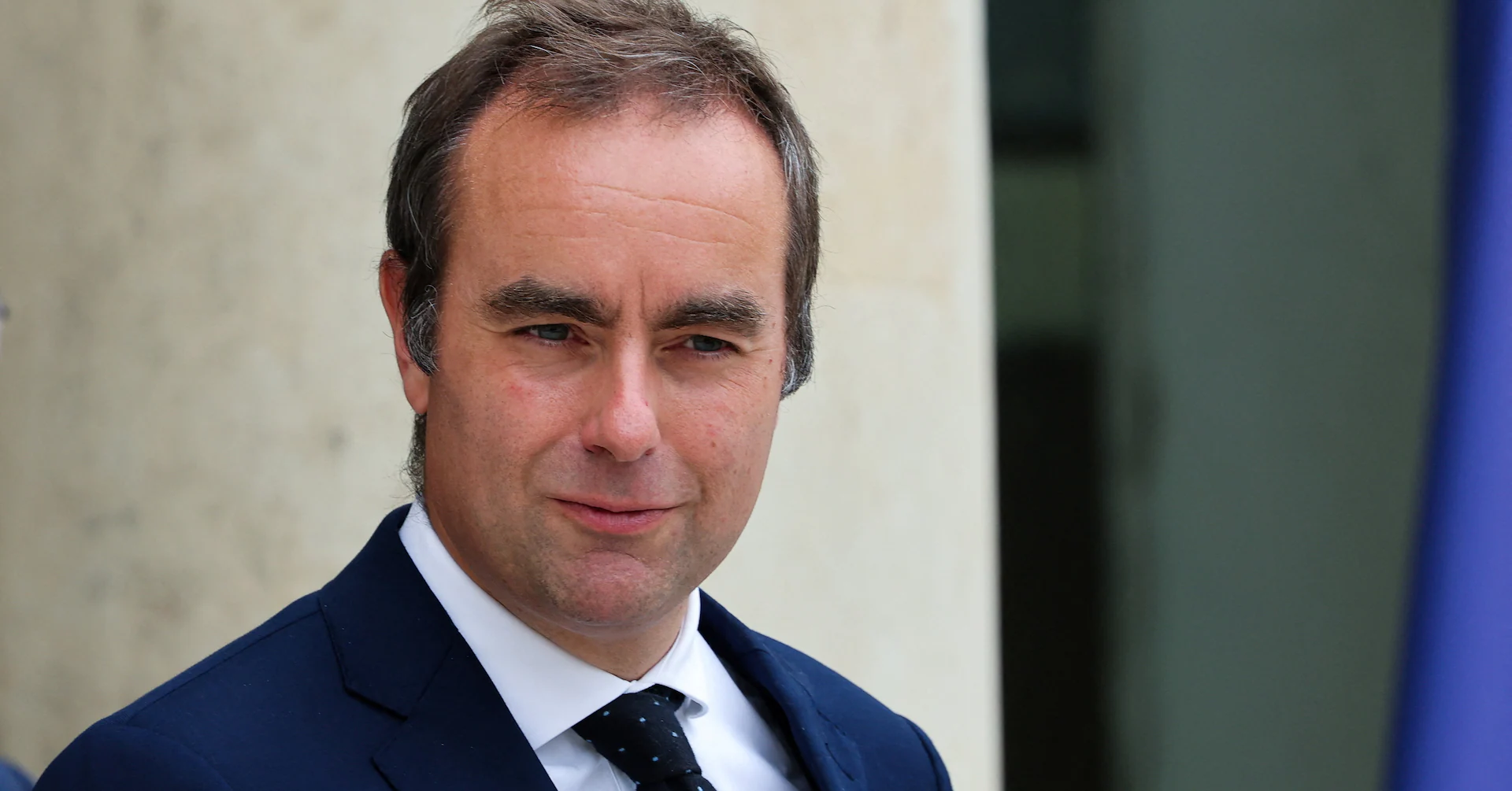By Michel Rose
Copyright reuters

SummaryMacron names defence minister Lecornu as prime ministerLecornu, 39, is a loyalist and signals continuityChoice could alienate Socialists, makes Lecornu reliant on RN
PARIS, Sept 9 (Reuters) – French President Emmanuel Macron named loyalist Sebastien Lecornu, a one-time conservative protege who rallied behind his 2017 presidential run, as prime minister on Tuesday, defying expectations he might tack towards the left.
The choice of Lecornu, 39, indicates Macron’s determination to press on with a minority government that will not rip up his pro-business reform agenda, under which taxes on business and the wealthy have been cut and the retirement age raised.
Advertisement · Scroll to continue
However, in an unusual move in French politics, Macron’s office said the president had asked Lecornu to hold talks with all political forces in parliament to find compromises on the budget and other policies before naming his cabinet.
“The President of the Republic has entrusted me with the task of building a government with a clear direction: the defense of our independence and our power, the service of the French people, and political and institutional stability,” Lecornu posted on X. “I wish to thank him for the confidence he has shown me by appointing me Prime Minister.”
Lecornu will become Macron’s fifth prime minister in less than two years after parliament, deeply split between three opposing ideological camps, ousted Francois Bayrou on Monday over his plans to tame the country’s ballooning debt.
Advertisement · Scroll to continue
The choice by the deeply unpopular Macron to appoint a loyalist risks appearing tone-deaf and inflaming popular discontent at a time when polls suggest voters are losing faith with France’s dysfunctional politics.
The news of his appointment was greeted with derision by leftist parties who called for voters to express their disdain in nationwide “Block Everything” protests on Wednesday.
The hard-left France Unbowed party said it would file a motion of no confidence against Lecornu, but it appears unlikely to succeed after the far-right National Rally (RN) party President Jordan Bardella signalled tentative willingness to work with Lecornu on the budget – for now.
That would leave Lecornu and his government reliant on the whims of the RN, which has been instrumental in bringing down both Bayrou and his predecessor Michel Barnier.
“We will judge – without illusion – the new Prime Minister on his merits, on his actions, on his policies for providing France with a budget, and this in light of our red lines,” Bardella posted on X.
Item 1 of 4 French Defence Minister Sebastien Lecornu leaves following the weekly cabinet meeting at the Elysee Palace in Paris, France, September 3, 2025. REUTERS/Gonzalo Fuentes/File Photo[1/4]French Defence Minister Sebastien Lecornu leaves following the weekly cabinet meeting at the Elysee Palace in Paris, France, September 3, 2025. REUTERS/Gonzalo Fuentes/File Photo Purchase Licensing Rights, opens new tab
The RN has said it will not tolerate tax increases on hard-working people. It also wants to crack down on immigration costs, high spending by civil servants, and France’s contribution to the European Union.
Lecornu has at times had the ear of RN leader Marine Le Pen and Bardella, with whom he had a secret dinner last year.
BUDGET IN FOCUS
Lecornu’s immediate priority will be to forge consensus on a budget for 2026, a task that proved the undoing of Bayrou who had pushed for aggressive spending cuts to rein in a deficit standing at nearly double the EU ceiling of 3% of GDP.
The political upheaval this week lays bare deepening turmoil in France that is weakening the euro zone’s second-biggest economy as it sinks deeper into a debt quagmire.
Lecornu most recently served as Macron’s defence minister, overseeing an increase in defence spending and helping shape European thinking on security guarantees for Ukraine in the event a peace deal with Russia is brokered.
Lecornu entered politics canvassing for former President Nicolas Sarkozy when he was 16. He became mayor of a small town in Normandy when he turned 18 and then former President Nicolas Sarkozy’s youngest government adviser at the age of 22.
He left the conservative Les Republicains party to join Macron’s centrist political movement when the president was first elected in 2017. Five years later, he ran Macron’s re-election campaign.
By naming a minister from his own camp with a conservative background, Macron appears to have decided to preserve his economic legacy at all cost.
Socialists had pledged to reverse some of his flagship pro-business policies, including the scrapping of a wealth tax and a raised retirement age, planks the president considers essential to making France attractive to investors.
Reporting by Michel Rose; additional reporting by Elizabeth Pineau and Gabriel Stargardter; editing by GV De Clercq and Richard Chang
Purchase Licensing Rights
Michel RoseThomson ReutersMichel reports on French politics and diplomacy, having covered President Emmanuel Macron at the Elysee since 2017 and the rise of the far right under Marine Le Pen. He also writes about power dynamics in the EU. He previously covered macro-economics and energy. Worked at the Milan, Italy bureau of Reuters during the euro zone debt crisis and at the London headquarters. Michel is a graduate of the London School of Economics and the Sorbonne, and is interested in mental health and social diversity issues.



